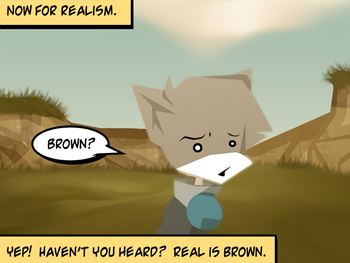

The priest tells him that his wife's soul is damned to Hell for committing suicide. In 1462, Vlad Dracula returns from a victory in his campaign against the Ottoman Empire to find his wife Elisabeta committed suicide after his enemies falsely reported his death. Its score was composed by Wojciech Kilar and its closing credits theme " Love Song for a Vampire", written and performed by Annie Lennox, became an international success. It was nominated for four Academy Awards, of which it won three for Best Costume Design, Best Sound Editing, and Best Makeup while also being nominated for Best Art Direction. The film grossed $215 million against a production budget of $40 million. It stars Gary Oldman as Count Dracula, Winona Ryder as Mina Harker, Anthony Hopkins as Professor Abraham Van Helsing, and Keanu Reeves as Jonathan Harker.ĭracula was theatrically released in the United States on November 13, 1992, to positive reviews, though Keanu Reeves' performance and English accent received criticism.

“Kurt Vonnegut: Unstuck in Time” opens Friday in theaters and on-demand.Bram Stoker's Dracula is a 1992 American Gothic horror film directed and produced by Francis Ford Coppola, based on the 1897 novel Dracula by Bram Stoker. Vonnegut’s work has been taught in American high-school English classes for decades now, so it makes sense that Argott and Weide (briefly) marvel at all the work that went into the final published version of “Slaughterhouse Five.” We’re shown various drafts of Vonnegut’s best-known work we’re also told, by a couple of interviewees, that Vonnegut experienced the passage of time in the same discombobulated everything-at-the-same-time way as Billy Pilgrim, a time-traveling WWII vet who, in “Slaughterhouse Five”, also recovered corpses from Dresden’s smoking rubble.īut what are viewers supposed to think about Weide’s suggestion, during one of his many unremarkable-looking talking-head interviews, that Vonnegut was trying to “purge the whole Dresden experience from his soul” when he wrote “Slaughterhouse Five”? Should we know what that means because we’ve already read Vonnegut’s book, or is Weide’s interpretation proven by the fine-enough stock footage that Argott and Weide use to represent Dresden?Īt one point, Vonnegut himself refers to “Slaughterhouse Five” as “my famous Dresden novel,” but that doesn’t suggest much more coming from him than when fellow author John Irving commends Vonnegut’s work for proving that “if you’re going to be serious, you better be entertaining.” Vonnegut’s fans probably understand what Irving means, but viewers of “Kurt Vonnegut: Unstuck in Time” might not feel so enlightened. Russell Brand Cites Kurt Vonnegut to Address Katy Perry Breakupīy trying to cover so many aspects of Vonnegut’s life, Argott and Weide leave viewers wondering about their ideal audience. Some interviewees’ observations about Vonnegut will seem obvious to anyone who’s read Vonnegut’s writing, especially his daughter Edith Vonnegut’s theory that her father’s oft-quoted mantra of “So it goes” (from “Slaughterhouse Five”, his commercial and critical breakthrough) reflects his ambivalence toward humanity and its marginal place in the universe. Vonnegut also experienced great trauma as a prisoner-of-war in Dresden during WWII those experiences also inspired the existential humor that came to define his best-known stories. Vonnegut wasn’t much of a family man, as his middle-aged children explain through choppy on-camera interviews, but he enjoyed and sought affection from his first wife Jane and his elder sister Alice. The rest of Argott and Weide’s documentary superficially considers Vonnegut’s work as an extension of his elusive personality.

Brief passages from Vonnegut’s novels, narrated by Vonnegut himself, illustrate the light touch and irreverent humor that made a teenage Weide interested in Vonnegut: “He thinks what I think about the world.’” Weide would later think of Vonnegut as “the old man”, but at this point in Weide’s narrative, Vonnegut’s defined by his vast, overwhelming influence. Kurt Vonnegut Describes What ‘Scares the S–‘ Out of Him in Teaser for IFC Films’ Doc ‘Unstuck in Time’ (Video)


 0 kommentar(er)
0 kommentar(er)
